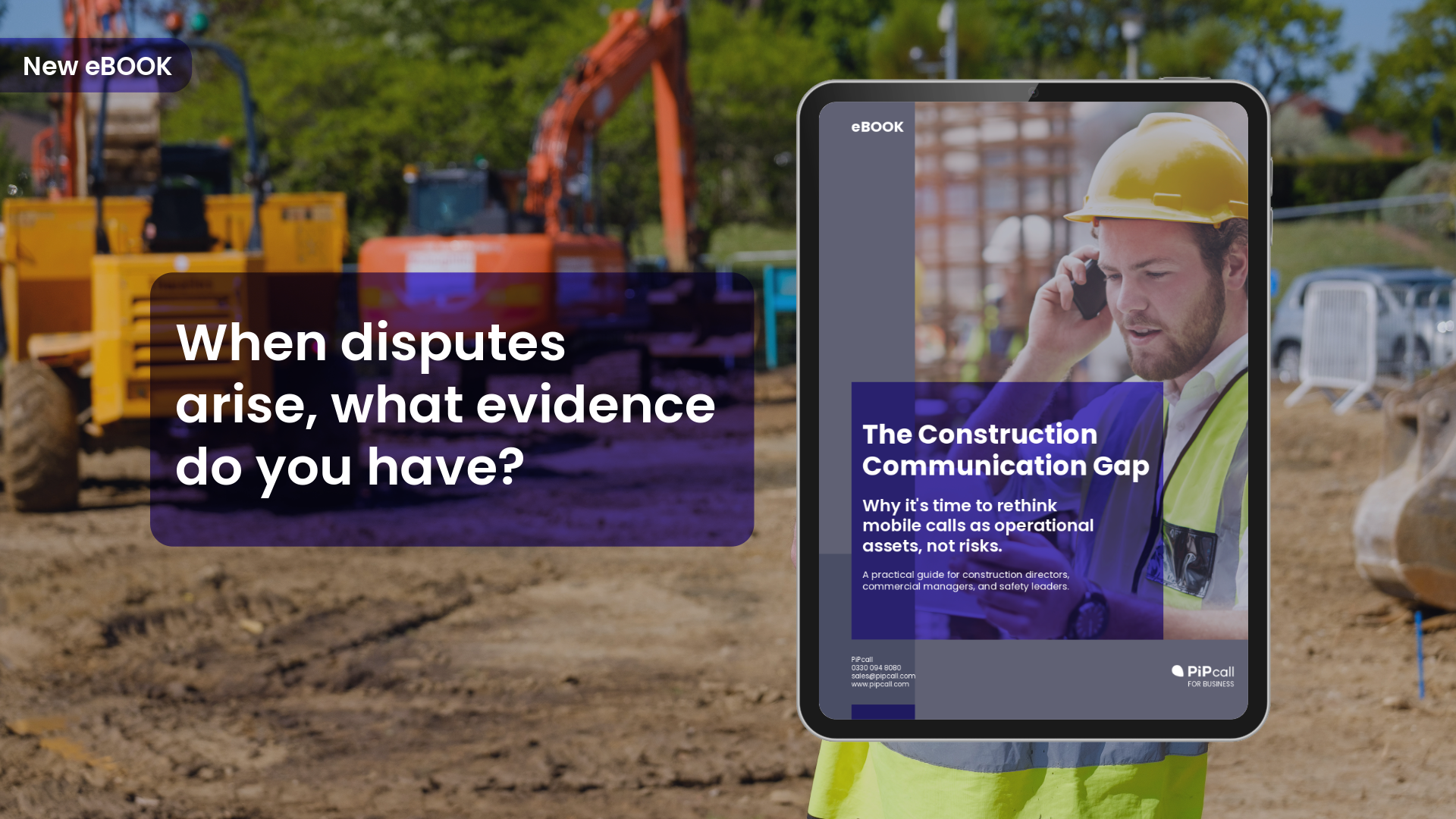IT Managers are often responsible for leading digital transformation projects within their organisations. This can involve implementing new technologies, migrating to cloud services, and managing legacy systems.
The ultimate goal of digital transformation is to create a more agile, responsive, and customer-centric business that can compete in the fast-changing digital market place.
There are many technologies that IT managers can consider to achieve more agile and flexible ways of working. Some of the most important ones include: cloud computing, DevOp, agile project management, artificial intelligence (AI) and collaborative tools.
Working from home and hybrid working has accelerated this digital transformation and has led to businesses demanding transformation sooner, putting great strain on IT departments.
One category of digital transformation that directly enables more flexible and remote working, while also improving communication and productivity is Collaboration Tools.
Collaborative tools, such as video conferencing, instant messaging, and project management software, can help teams to work together more effectively, regardless of their physical location. IT managers can implement collaborative tools to enable more flexible and remote working, while also improving communication and productivity.
PiPcall provides a range of features that can help teams to work together more effectively, regardless of their physical location.
What is PiPcall?
PiPcall is a business telecoms platform that combines mobile-network-technology and cloud-based phone technology together delivering a mobile solution in an app. PiPcall’s mobile solution can be used on personal mobile phones or business-owned mobile phones via SIM, eSIM, App and Cloud-Phone technology all rolled into one. Features include mobile data (for personal and business-owned mobiles), voice calling over the mobile voice network (not Wi-Fi or mobile data), virtual numbers, call recording, ring groups and more.
Here are three reasons why IT Manager should consider PiPcall as a solution to achieve more flexibility, better remote working, while also improving communication and productivity, and contribute to their overall digital transformation goals:
1. Enables remote and flexible working: PiPcall enables teams to work together regardless of their physical location. With features such as IVR and voice greetings, calling over the dedicated mobile voice network and mobile data, team members can communicate and collaborate with each other from anywhere, at any time.
2. Improves communication and productivity: With PiPcall, teams can communicate more effectively and efficiently, which can help to improve productivity. The platform provides real-time collaboration tools, such as ring groups, which can help to reduce the time it takes for a customer to talk with someone.
3. Scalable and cost-effective: PiPcall can be easily scaled up or down, depending on the needs of the organisation. This can help to reduce costs and improve flexibility. PiPcall also provides a range of pricing plans, which can help to ensure that the platform is accessible to organisations of all sizes.
In summary, PiPcall can be a valuable tool for IT managers looking to implement more agile and flexible ways of working. By enabling remote and flexible working, improving communication and productivity, enhancing collaboration and innovation, and being scalable and cost-effective, PiPcall can contribute to an IT manager's overall digital transformation goals.






.png)
